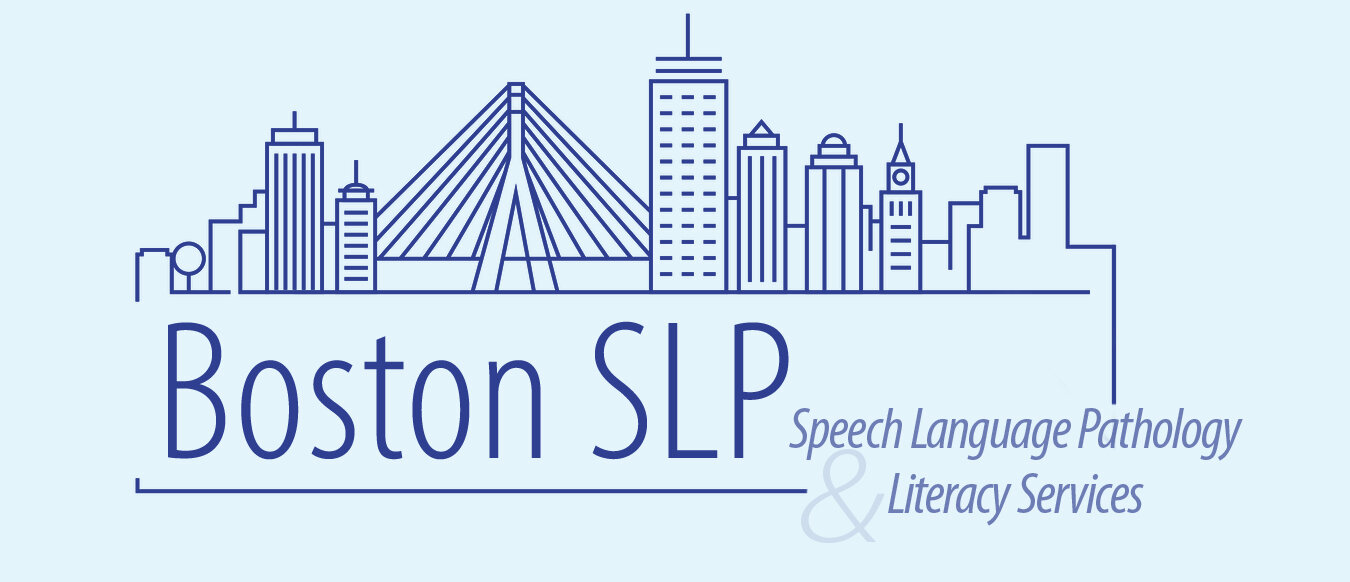
Speech Language Therapy
Oral Language refers to comprehension of language (receptive language) and spoken language (expressive language). Oral language is the cornerstone of all academics; it helps children go on to become better readers, writers, students, and communicators.
How do I know if my child needs speech and/or language therapy?
Receptive Language
A child may benefit from receptive language therapy if they have difficulty in processing incoming verbal information. Difficulties may exist in understanding grammar, understanding words or concepts, or understanding general incoming information. Receptive language difficulties may occur alone or in conjunction with expressive language difficulties; together, this is known as, “Developmental Language Delay/Disorder.”
Expressive Language
A child may benefit from expressive language language therapy if they make frequent grammatical errors, have difficulty expressing themselves in a way that makes sense, or struggles to convey their true feelings or intentions. Difficulties may be in vocabulary use, word order, verb tense, or other areas. Expressive language difficulties may occur alone or in conjunction with receptive language difficulties; together, this is known as, “Developmental Language Delay/Disorder.”
Social Language
A child may benefit from social language therapy if they have trouble understanding non-verbal language such as facial expressions, tone of voice, or non-literal language. A child with social language difficulties may need help in making friends.
Executive Function
Is your upper-elementary school/middle school-aged child often described as lazy? Disorganized? Unable to finish a task to completion? Do they complete their homework correctly only to not turn it in? They may have executive function difficulties, which are a set of language-mediated skills that assist a person in managing the complex tasks of organizing and functioning in day-to-day life. Therapy in executive function may address some of the following: prioritizing and organizing tasks, setting goals, identifying their ideal learning environment, accurately estimating time needed to complete a task, among other skills.
Speech
The “speech” of speech therapy refers to the articulation (or pronunciation) of the speech sounds that make up words. Your child will benefit from speech therapy if they mispronounce sounds. While speech errors are a part of typical child development, they may cause frustration or embarrassment if they persist for too long. Forgoing “drill-like” approaches, at BostonSLP, your child will learn speech production skills based not only on how the mouth makes each sound, but also on the meaning of the words they are trying to say. This approach facilitates carryover of speech skills beyond the therapy situation.
